Aeon Video has a monthly newsletter!
Get curated editors’ picks, peeks behind the scenes, film recommendations and more.
Climate change science is centuries, not decades old, and it was pioneered by a woman
The notion that human activities might be warming the planet started coming into focus in the 1960s and ’70s, before a scientific consensus emerged in the 1980s and ’90s. But the rough outlines of the science surrounding humanity’s greatest contemporary threat has a surprising, little-known history that dates back roughly two centuries. This brief animation from BBC Ideas traces our modern understanding of the greenhouse effect through the work of three pioneering scientists, beginning with the US scientist and women’s rights activist Eunice Foote, whose 1856 work on the heat-trapping effects of CO2 was buried for decades before being rediscovered in 2010.
Video by BBC Ideas
Animator: Peter Caires
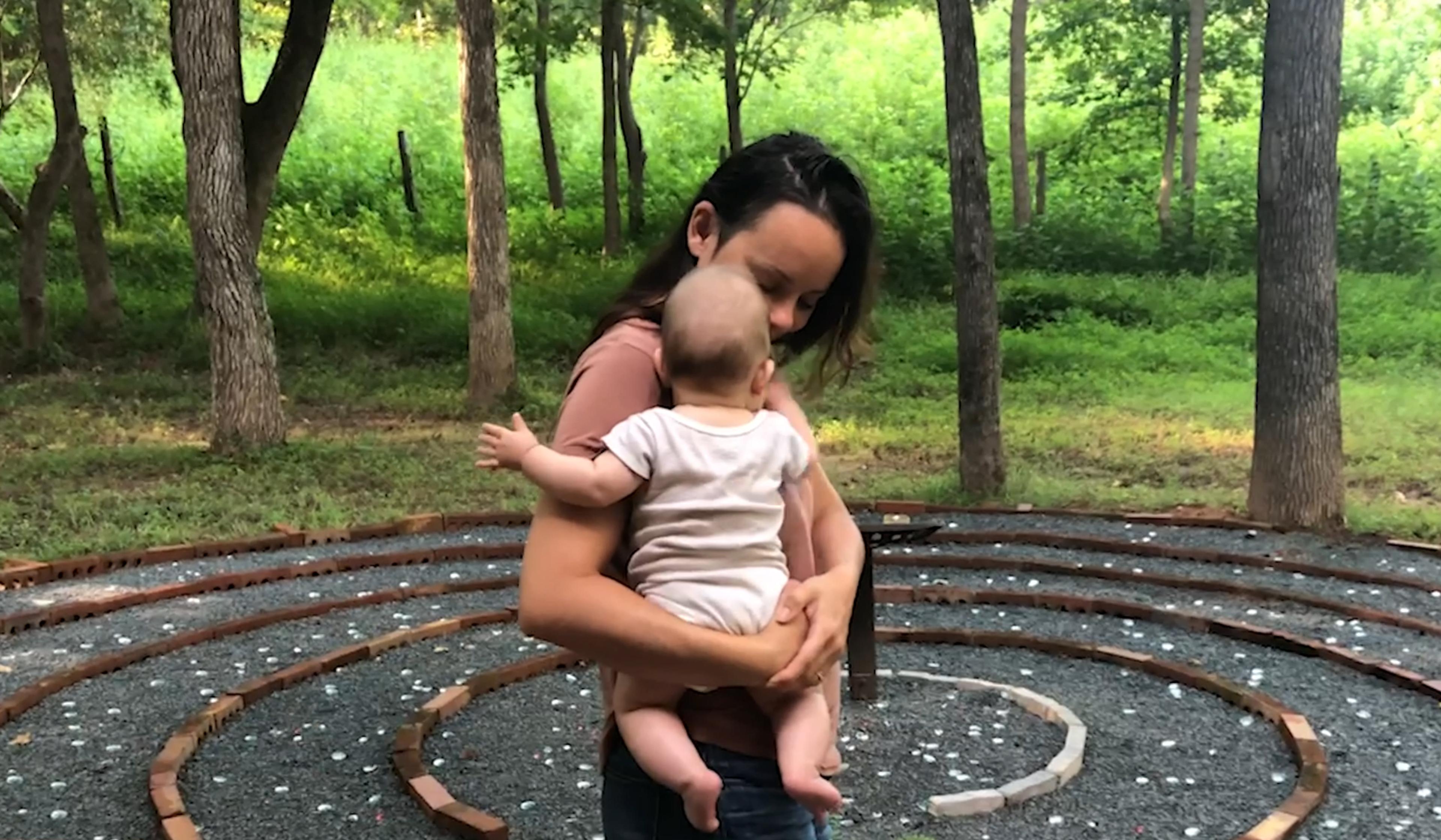
video
Biography and memoir
As her world unravels, Pilar wonders at the ‘sacred geometry’ that gives it structure
20 minutes
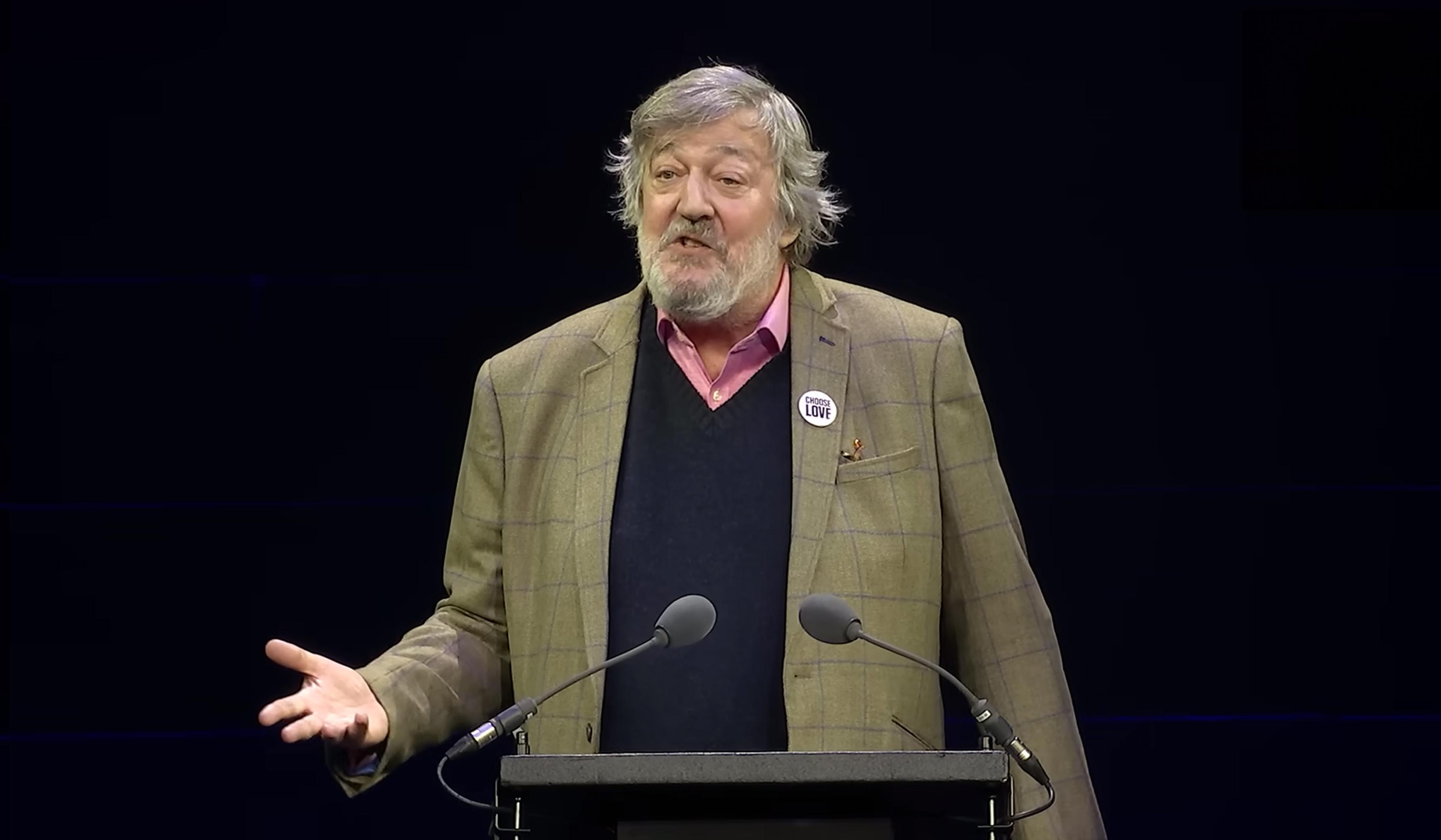
video
Meaning and the good life
Why strive? Stephen Fry reads Nick Cave’s letter on the threat of computed creativity
5 minutes

video
Physics
Find the building blocks of nature within a single, humble snowflake
4 minutes
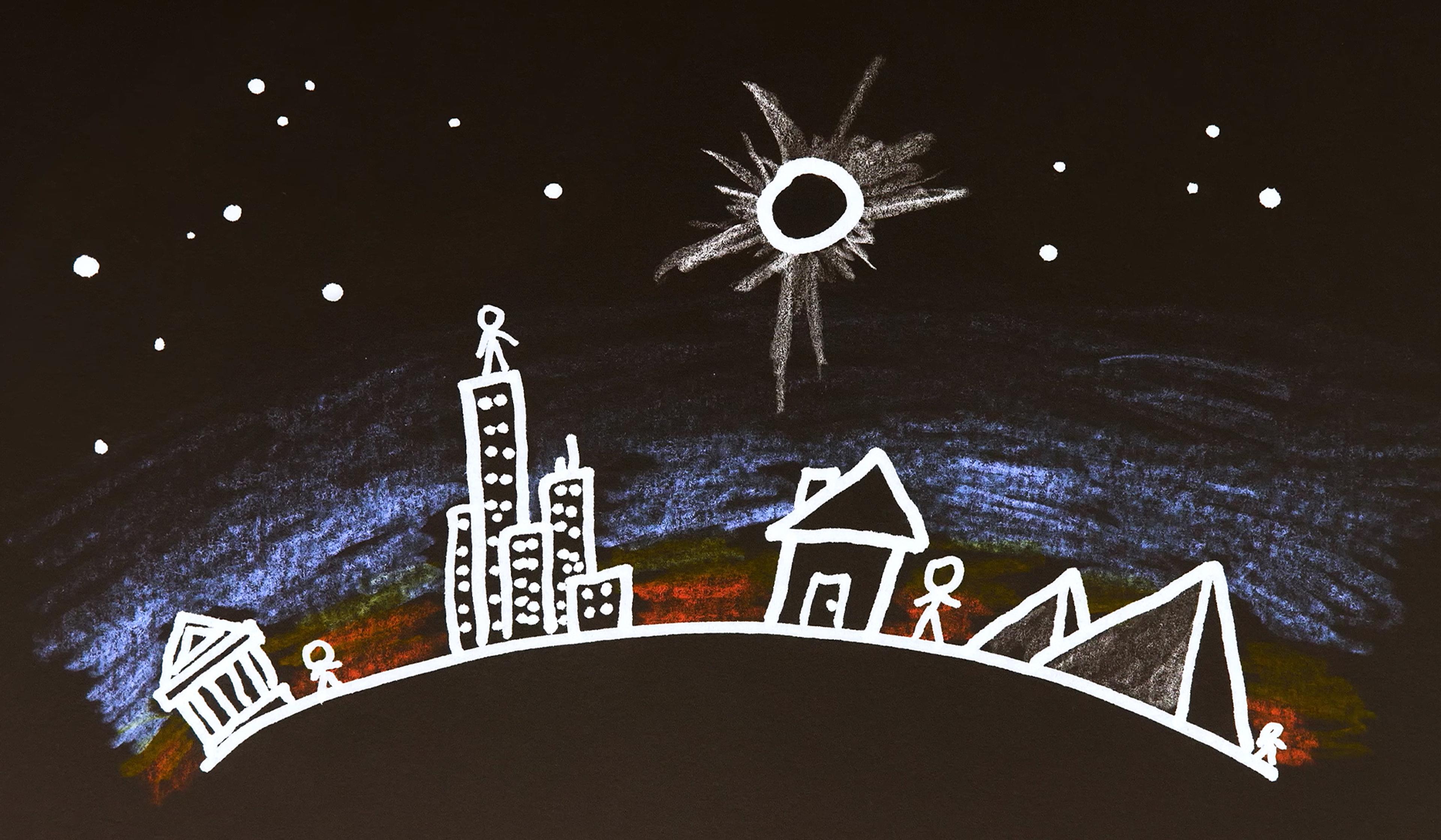
video
Physics
Why the golden age of total solar eclipses is already behind us
5 minutes
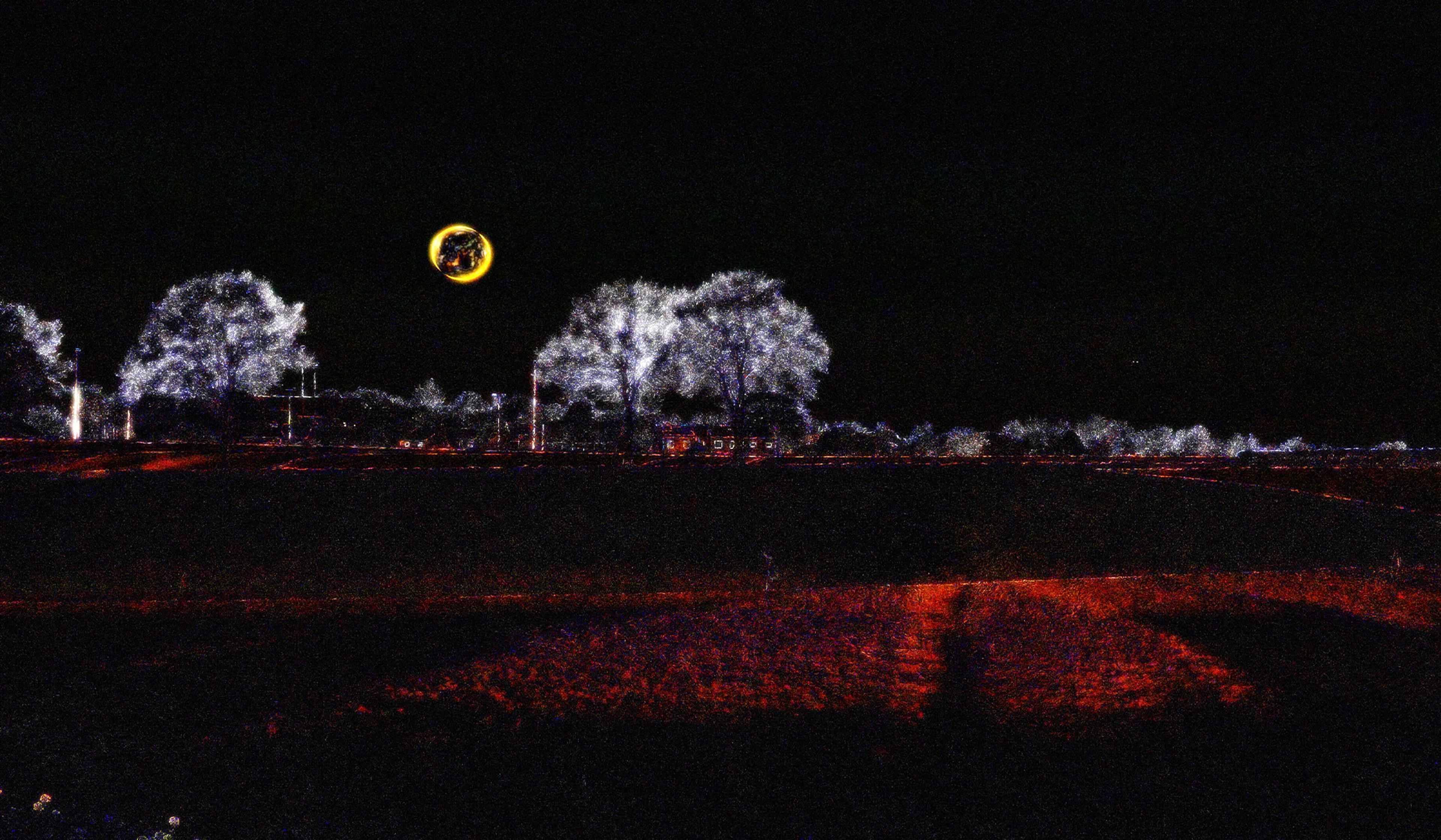
video
Film and visual culture
An augmented-reality filter reveals the hidden movements all around us
7 minutes

video
Film and visual culture
Stop-motion origami unfurls in a playful exploration of how senses overlap
3 minutes
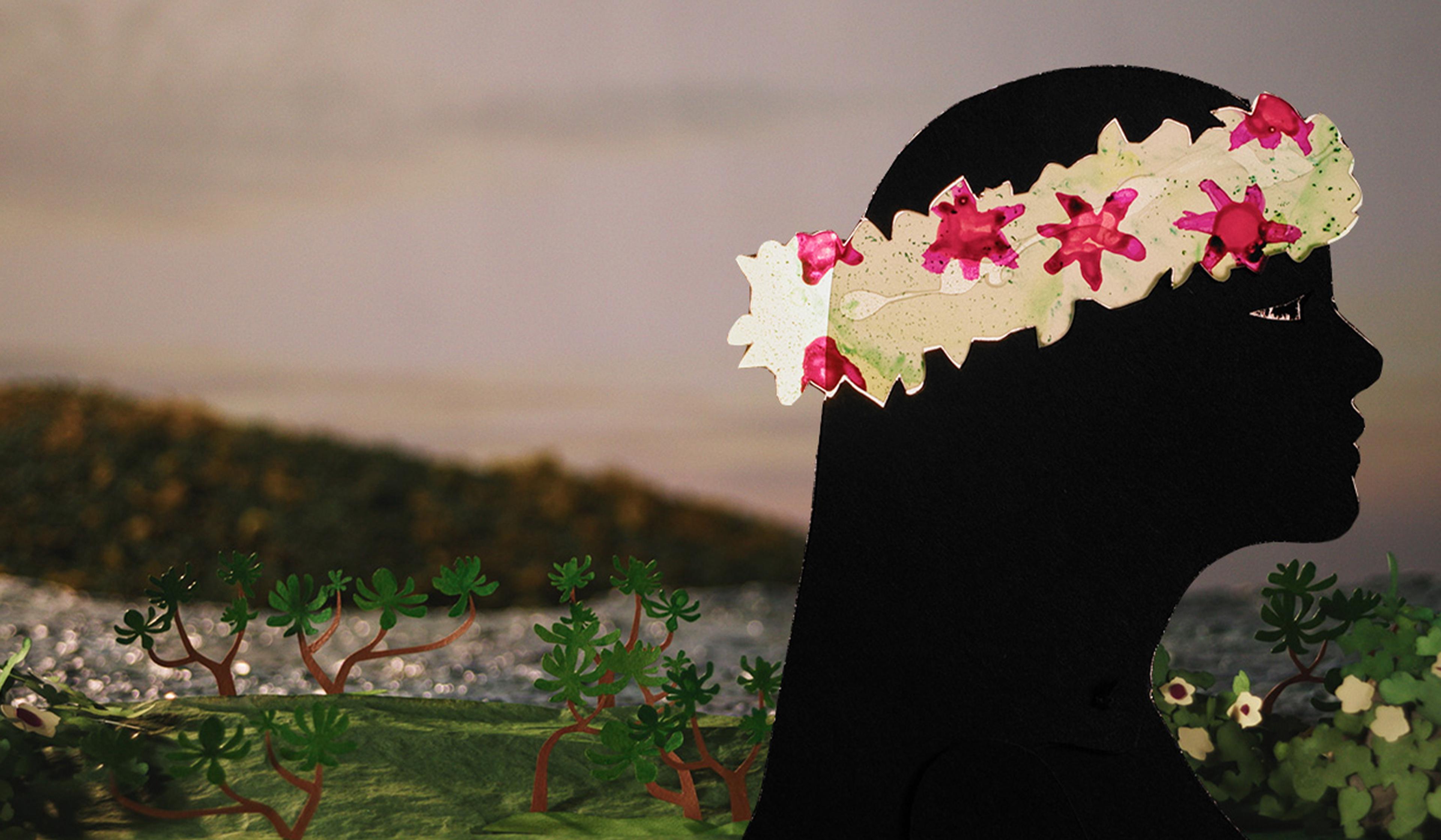
video
Ecology and environmental sciences
The ancient Hawaiian myth that sparked a modern ecological breakthrough
10 minutes
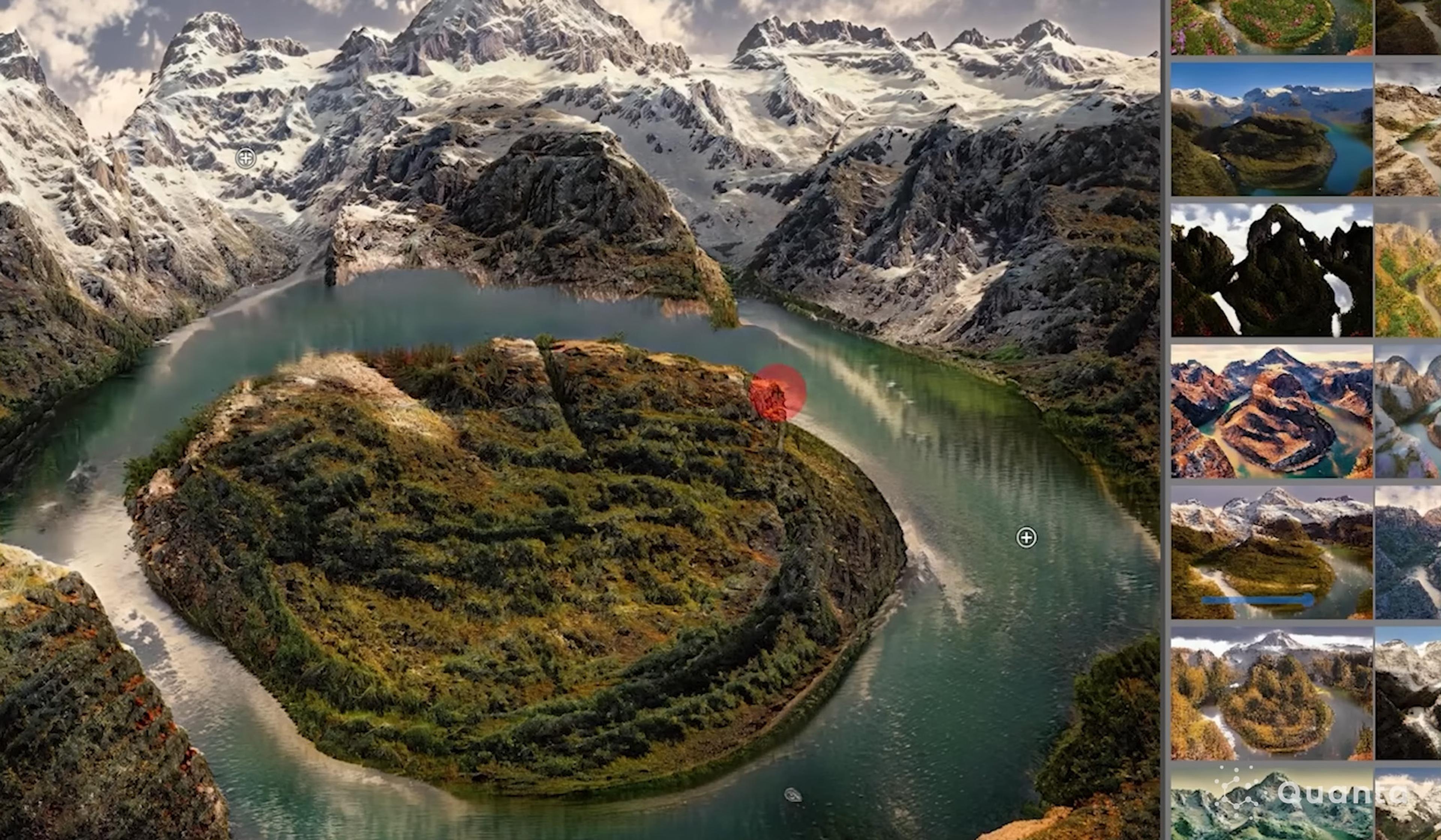
video
Computing and artificial intelligence
A scientist’s poor eyesight helped fuel a revolution in computer ‘vision’
9 minutes
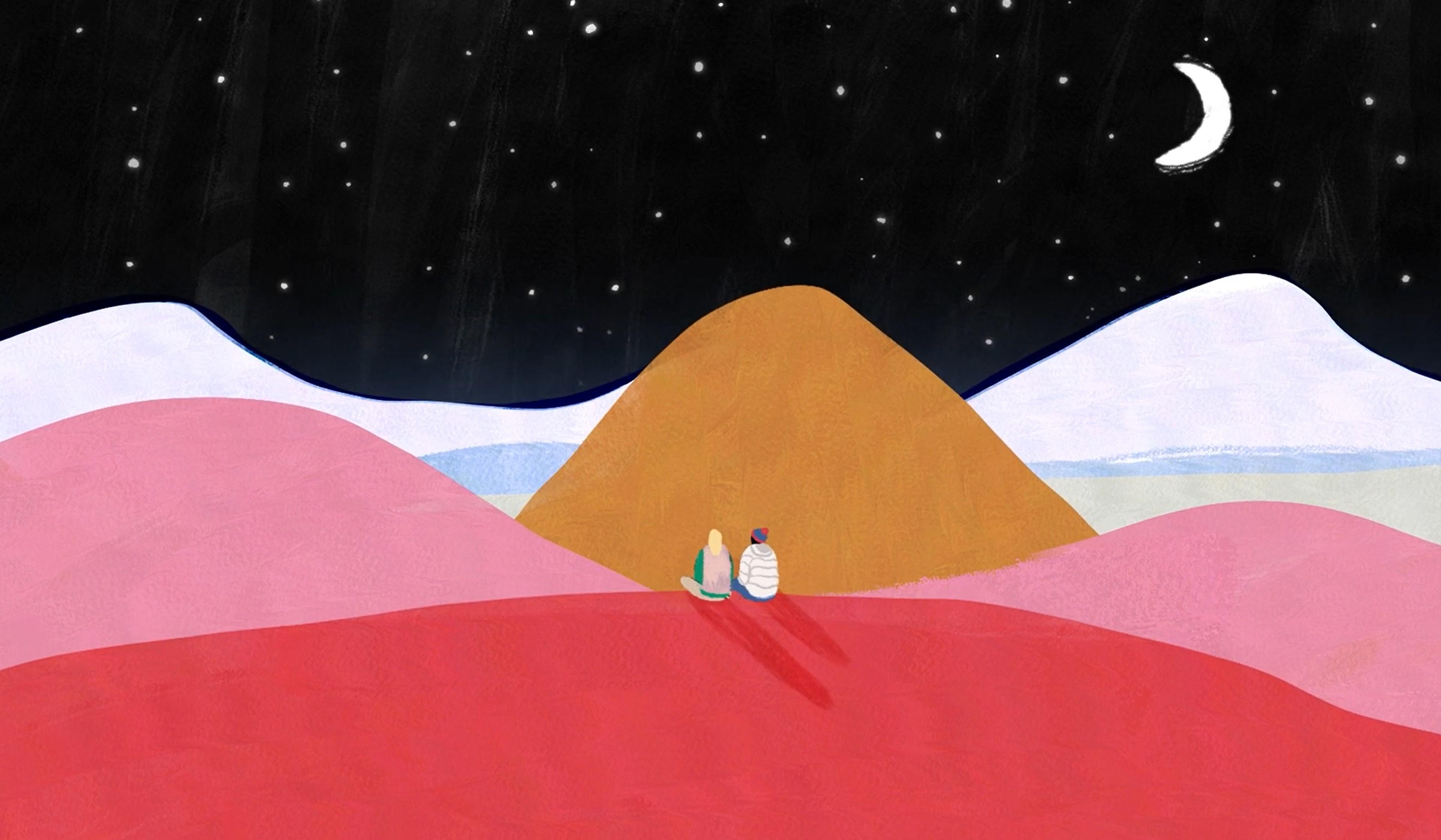
video
Ageing and death
Demystifying death – a palliative care specialist’s practical guide to life’s end
4 minutes